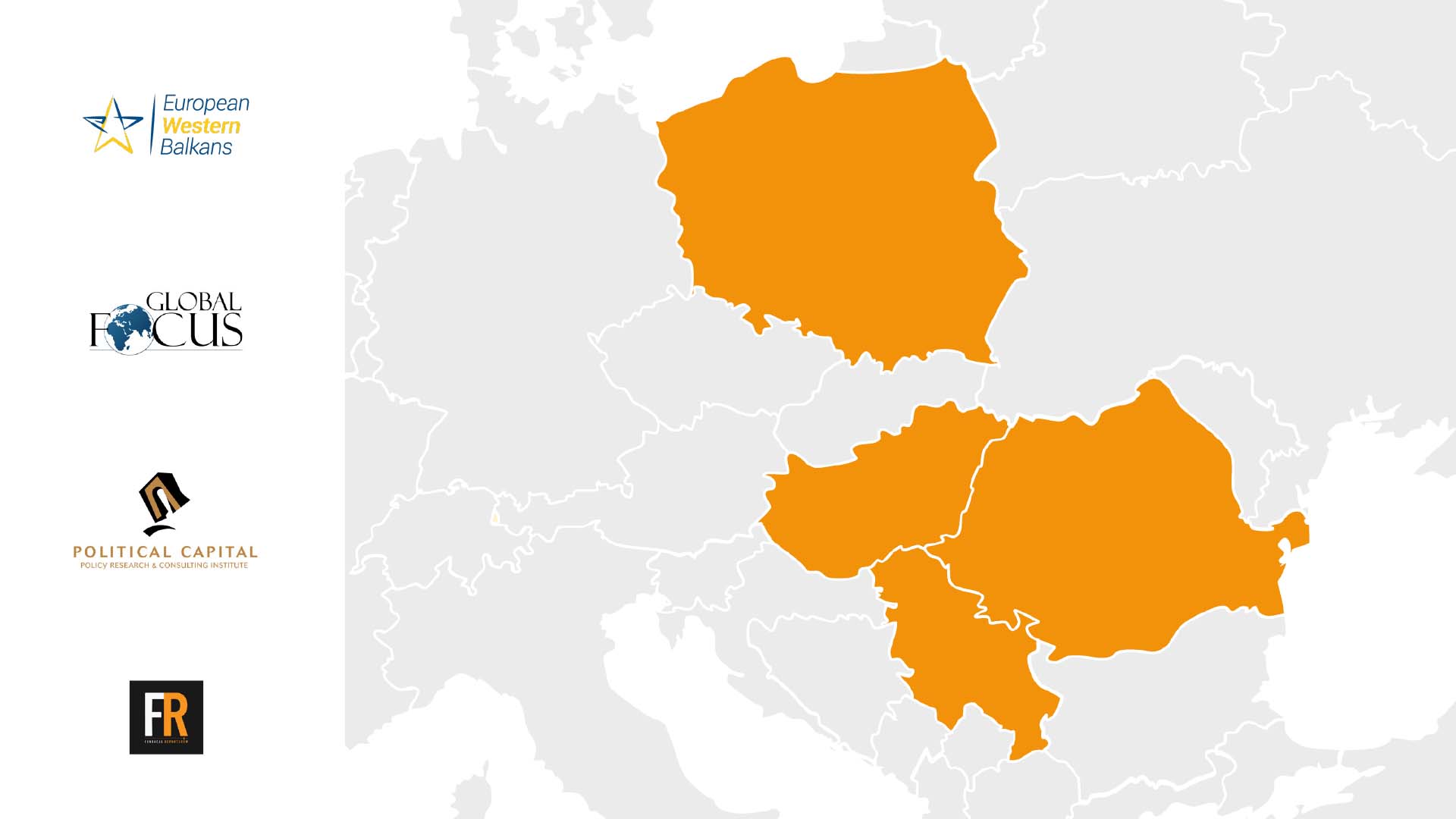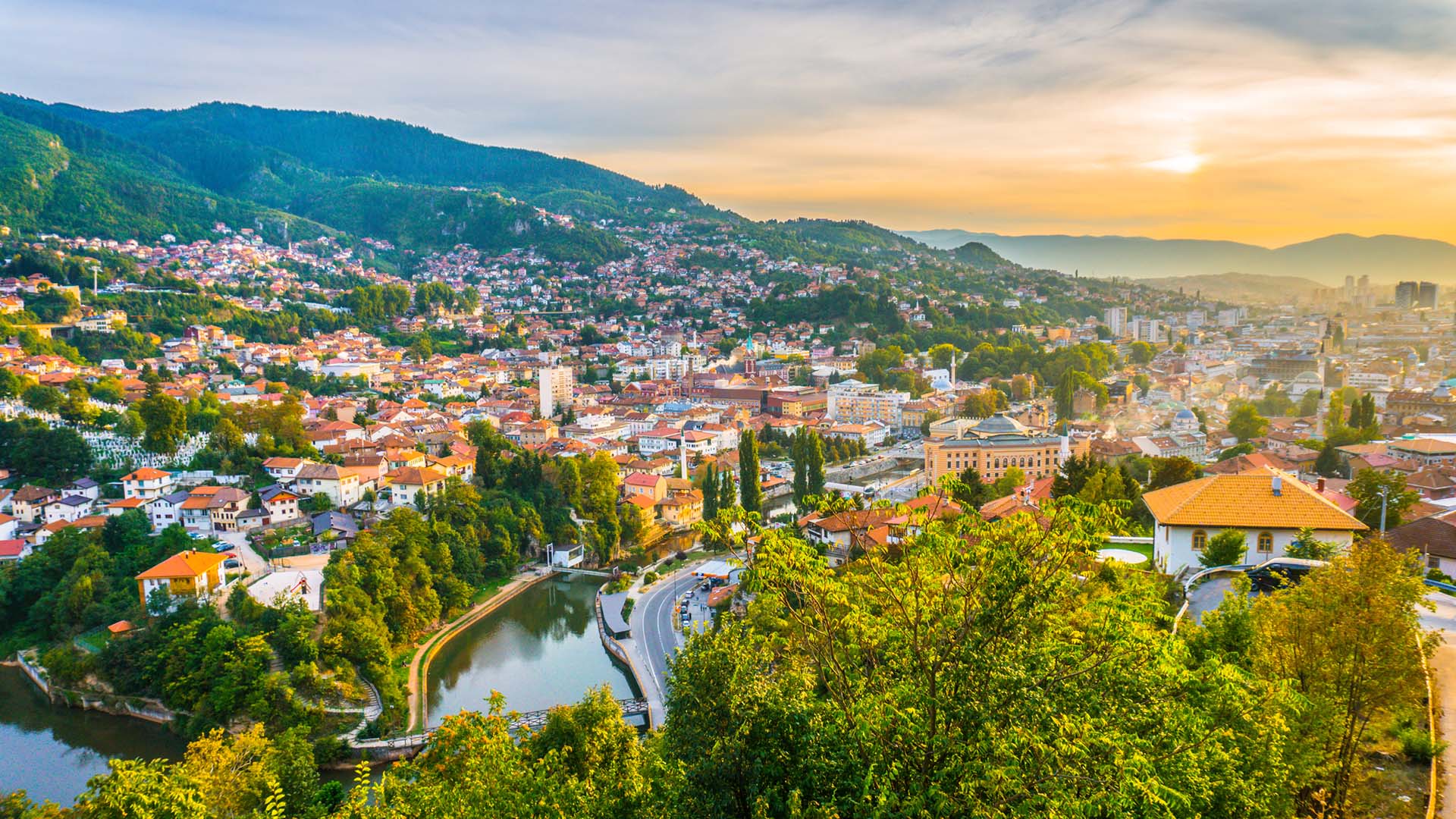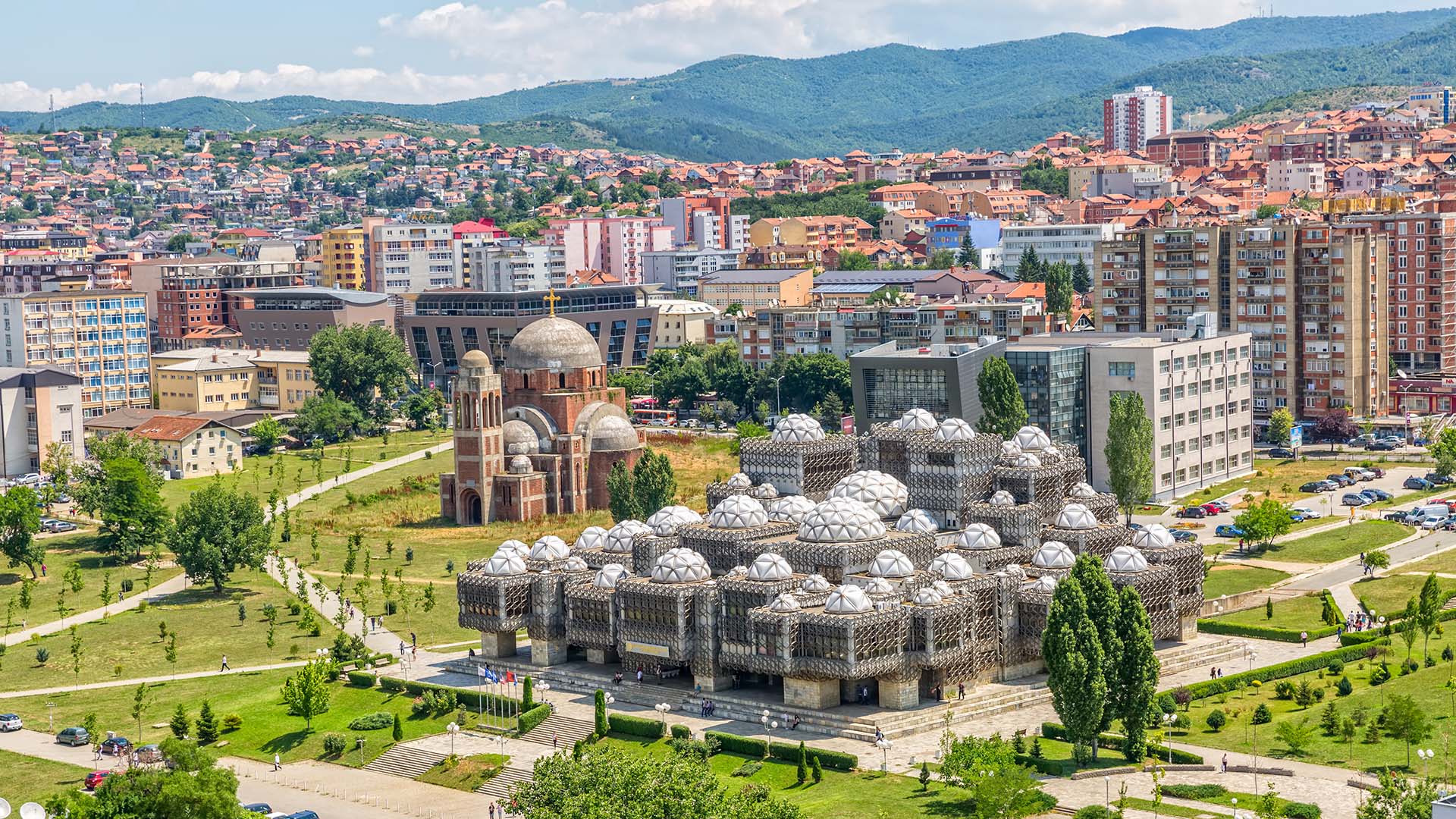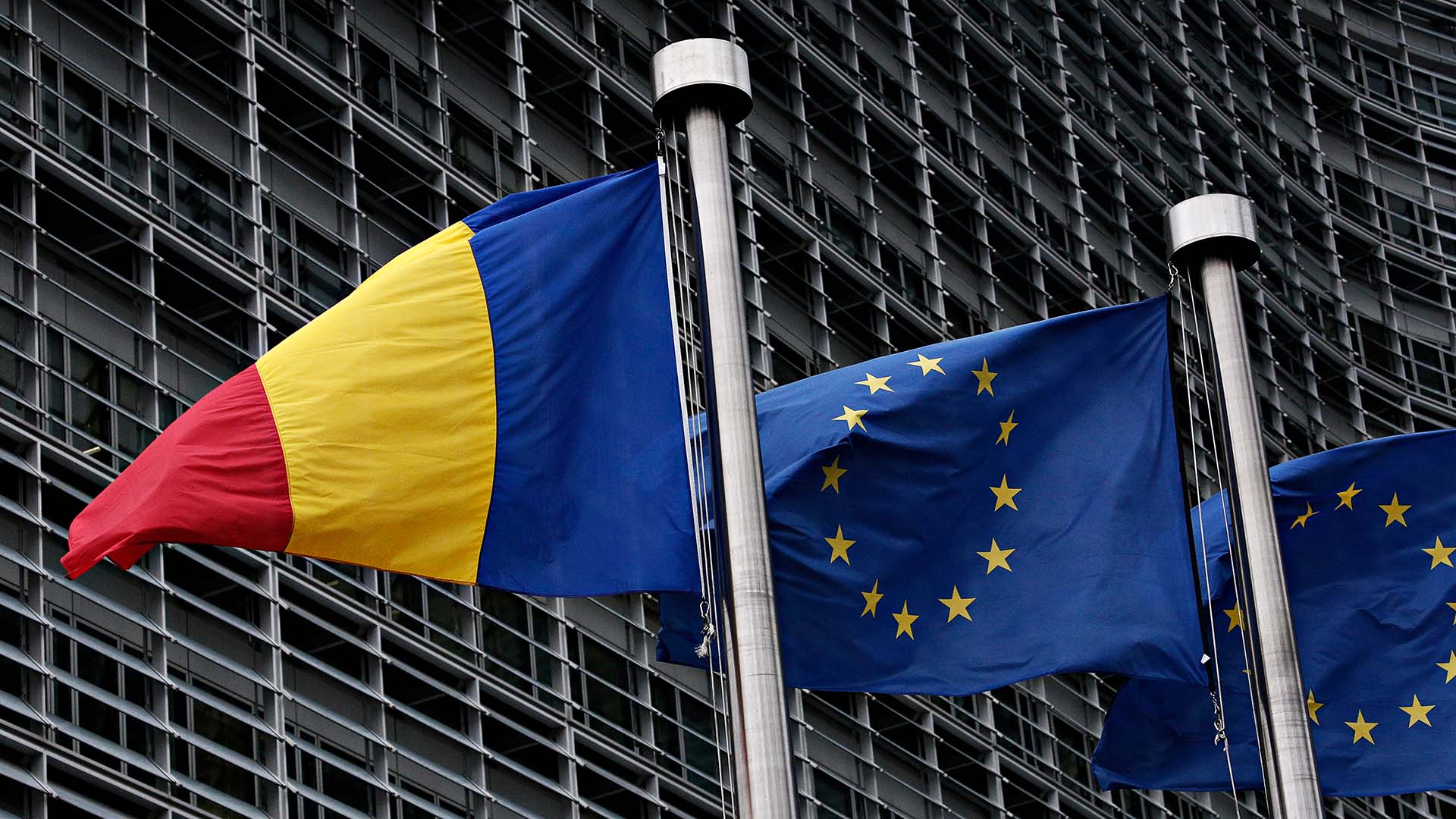In the studied EU countries of Poland, Hungary and Romania, the majority of respondents said they were not prepared for an increase in energy prices. In contrast, in Serbia, there was no polling data available at the time of publication. Unsurprisingly, in all three countries, the energy crisis is exploited by far right and radical elements to criticise the EU and its energy policy.


Russia’s war against Ukraine has opened a brand-new front for disinformation and influence operations. A major influx of refugees in neighbouring countries is creating avenues for exploitation of local nationalism, xenophobia and anti-Western narratives, already on the rise. GlobalFocus Center (Romania) has partnered with Political Capital (Hungary) European Western Balkans (Serbia) and Reporters’ Foundation (Poland), in a joint effort to check out how Ukraine-related disinformation is reflected and used within the far-right, ultra-nationalist and extremist communities to advance goals consistent with Russian interests.

Policy Recommendations
- Full institutional and financial independence of the judiciary must be ensured on judicial levels, following the example of the Brčko District.
- Amending specific aspects and provisions of disciplinary procedures and elaborating ethical codes in order to further develop, clarify and promote the application of highest ethical standards within the judiciary would be a measure particularly important for restoring the public trust in judiciary.
- The revised Law on the High Judicial and Prosecutorial Council should ensure a comprehensive reform of its functioning given its immense influence – while the independence from external factors should be strengthened, internally it should be restructured to avoid the concentration of power. The Office of the Discipline Council, particularly, needs full institutional, financial and personal independence from the High Judicial and Prosecutorial Council.

Policy Recommendations
- Strengthening the administration of judiciary should be given more attention and be considered as a crucial part of rule of law reforms, as justice needs to be delivered fairly and on time.
- Reforming the disciplinary system for judges and prosecutors will derive as a mean for sustainability of the system.
- Vetting is a very sensitive process that will need a strong commitment from the government to push it forward.

Policy Recommendations
- Do not trade long-term sustainability (accountability, due democratic process, stakeholder negotiation) for short-term efficiency. Yet, short-term results and investment in drivers of change are necessary to build up the credibility of the process. Striking the golden mean is painstaking, but rewarding.
- Hold out credible reward for performance (EU accession) and build a rule of law constituency (invest in independent media, civil society organisations, public communication). Empower them to carry the flag and be domestic agents of change. Beware of window-dressing reformers using the accession process for their own ends.
- Treat rule of law, anti-corruption and good governance as cross-cutting issues to be incorporated and monitored in every chapter of negotiation and partnership with the EU; ensure stakeholder participation up and down the decision-making process; maintain focus on values, not just ticking boxes.

